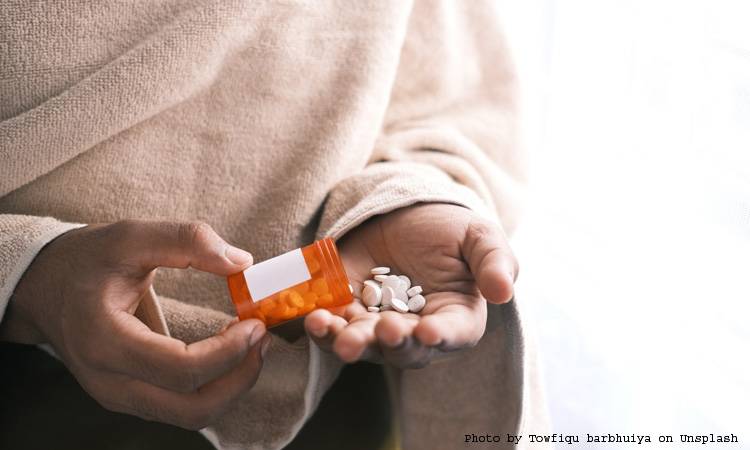
LAHORE: Since the 17 per cent goods and services tax (GST) on imports of raw materials, drug production has decreased substantially, worsening the shortage of at least 40 critical and life-saving therapies nationwide.
Despite the federal government's vow to lower the VAT on raw material imports from 17 per cent to 1 per cent, there is a significant scarcity of 40 important and life-saving pharmaceuticals, putting many lives in danger.
The pharmaceutical manufacturing business alerted the government about the exponential increase in drug costs, prompting a 17 per cent advance tax on raw materials imports. Qazi Mansoor Dilawar, chairman of the Pakistan Pharmaceutical Manufacturers Association (PPMA), said that "raw resources are exhausted," causing a pharmaceutical shortage.
Shortage of 40 life-saving drugs in Pakistan
At least 40 drugs are scarce, including several that save lives. Depression-treating Alp, asthma-, cancer-, and joint-pain-treating Dexamethasone, epilepsy-treating Epitab, depression-treating Nervin, epilepsy-treating Epival, Fexet D, Nitronal, and Ventoline pills and injections. Epival In, Myrin P, Ketasol Inj, Loprin, Silliver tab, Phenergan Elixir, Tixylix Lincitilus, Chlooriptics Drops, Systane drops, Rivotril drops, Dormicum tablets, Winstor, Tritace, Sodamint, Schazobutil, Jardiance, and Brufen, are also scarce. Lomotil, Panadol, Tan Primolut B, Progynova, Stilnix, Glucobay, Zentel, Avor, Gravibinan, Syp Gaviscon, and Injection Sorbid are also unavailable.
Patients have been seen searching for life-saving treatments without result.
Noor Muhammad Mahar, a famous activist and head of the Drug Lawyers Forum, said innocent people are suffering due to a standstill between the government and the pharmaceutical business, both of which want a larger share of the pie.
"Despite a reduction of 17 per cent advance tax to 1 per cent, which is refundable, the pharmaceutical industry has used the 17 per cent GST card to increase drug prices by 20 to 25 per cent. This is true notwithstanding the 17 pc drop in advance tax. "Poor patients will suffer most," he said. Similarly, he said the Drug Regulatory Authority of Pakistan (DRAP) neglected to post registered product costs on its website.
Uzair Nagra, the PPMA's representative, said the industry had not received any Statutory Regulatory Orders (SROs) despite the government's statement that the GST on imports of raw materials will be decreased from 17 per cent to 1 per cent. "Even if the government claims to cut the GST from 17 per cent to 1 per cent, it suggests that the government did not entirely exclude the industry from the GST framework," he said, adding that the solar and seed import industries were excluded from the GST.
Nagra said the government collected Rs40 billion from the pharmaceutical business as a refundable sales tax but couldn't give refunds. This stressed the industry, preventing it from importing raw supplies. "The PPMA is negotiating with the government for Rs 40 billion return, GST exemption, and after-sales tax withdrawal," he said. Ongoing discussions "For industry and patients' sake, the federal government should exempt the pharmaceutical industry from the 17 per cent GST on raw materials imports," he added. Instead of reducing GST to 1 per cent, the government should exempt the pharmaceutical industry.
Nagra said that the PPMA sought an immediate 20 per cent to 25 per cent increase in pharmaceutical prices to compensate for the loss caused by increases in gas, electricity, and petroleum products, as well as increases in labour wages, which had resulted in a 45 per cent increase in production costs.


